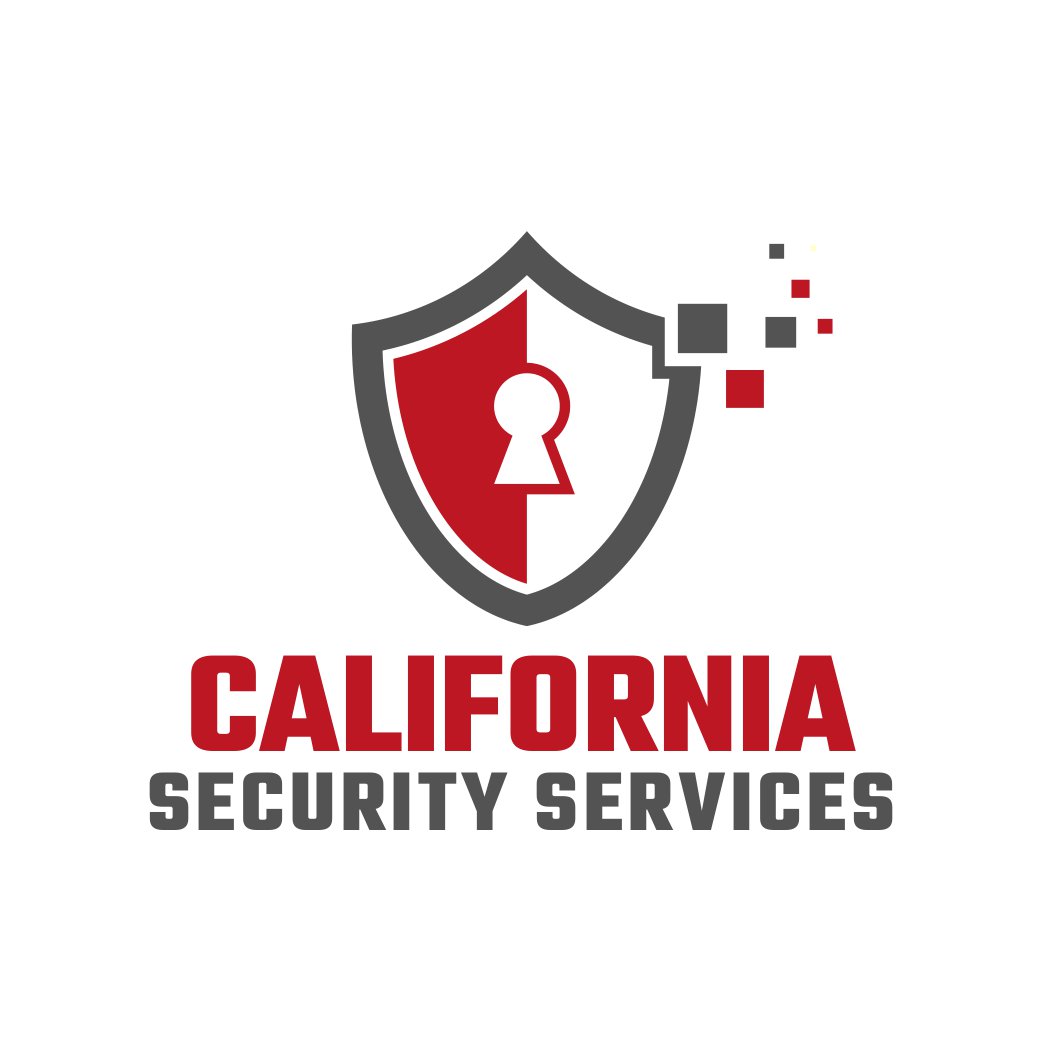At California Security Services, our top priority is safeguarding your property and peace of mind. Security cameras serve as invaluable tools in deterring crime while providing evidence should an incident arise. However, California, like many other states, has specific legislation regarding how security cameras are used. It’s essential that you familiarise yourself with California security camera laws to use your camera system efficiently within legal boundaries.
Consent and Fair Expectations of Privacy
Consent is critical in California when it comes to audio recording. Receiving conversations without all parties involved’s permission or express approval is strictly forbidden, including recording by security cameras. Furthermore, California law recognizes “reasonable expectation of privacy”, meaning recording individuals in locations they reasonably anticipate being protected is unlawful (both audio and video recordings included).
Security Cameras Into Your Residence
Regarding your private residence, the law supports your rights and allows you to install security cameras freely within its boundaries as long as they do not capture activities in areas such as bathrooms and bedrooms where individuals have an expectation of privacy. Here are additional considerations:
- Nanny Cams: Although legal within your own home, it’s advisable to notify babysitters or nannies of the presence of cameras.
- Signage: Though not legally mandated, posting signs displaying your security camera system serves both deterrence measures and transparency measures.
Security Cameras in Shared Spaces (Apartments, Condominiums)
Landlords in California enjoy some latitude when it comes to installing security cameras in rental properties; however, there are certain restrictions designed to safeguard tenant privacy, and here’s an outline of where cameras may and cannot be placed:
Permissible Locations
Landlords may install cameras in any common areas in which tenants do not expect any privacy, including hallways, lobbies, laundry rooms, staircases, and trash areas.
Prohibited Locations
Landlords may not install cameras anywhere where tenants expect privacy, including in individual apartments/condos, balconies/patios attached directly to these units, rest rooms, locker rooms, and changing rooms. This applies to tenant privacy as follows.
California law places great emphasis on tenant privacy within living environments, so landlords should ensure their security camera systems comply with these regulations.
Security Cameras in Public Places
Security cameras are generally legal in public places yet certain restrictions must still be observed:
- Avoid Capturing Private Property: While filming a public sidewalk may be acceptable, make sure your camera’s angle does not reveal activity inside someone’s home via a window.
- Audio Recording: Exercise caution before recording in public spaces. California has a two-party consent law, which necessitates consultation with legal professionals if audio recording is part of your security needs.
When is a License Required for Installing Security Cameras in California?
California law generally does not mandate licensing requirements when installing security cameras on private property; however, there may be notable distinctions. These could include:
- Personal Use of Security Camera Systems: For residential or personal security camera installations, typically no license is needed to install them.
- Public Property or Commercial Use: When installing cameras for public purposes (e.g., a park) or for commercial uses (e.g., a business storefront), an appropriate state contractor’s license might be needed to ensure proper installation as well as compliance with safety protocols and installation in compliance.
- Complexity of Installation: For personal or professional purposes alike, when camera installation involves complex activities like electrical work or wall drilling, hiring an accredited electrician or contractor could ensure safe and proficient installation that reduces risks such as electrical hazards and structural damages.
Compliant and Effective Security Camera Systems in California
Security cameras can provide invaluable assistance for improving personal and organizational safety; however, it is crucial that their use conforms with California Law in order to remain compliant and fulfill their purpose while upholding the privacy rights of both yourself and others. Understanding California legislation’s directives ensures your security system runs efficiently while upholding privacy rights while simultaneously meeting legal standards.California Security Services can assist in designing and installing a security camera system tailored specifically to your requirements that complies with California state law. Contact us now for a complimentary consultation!
